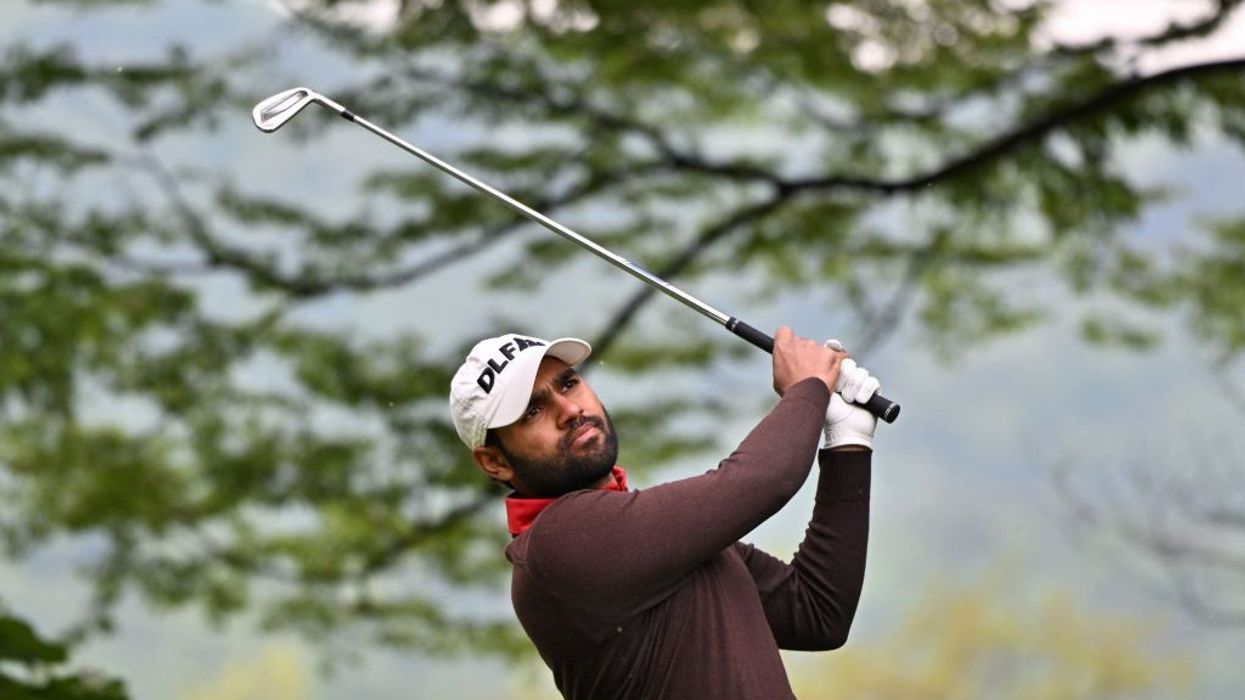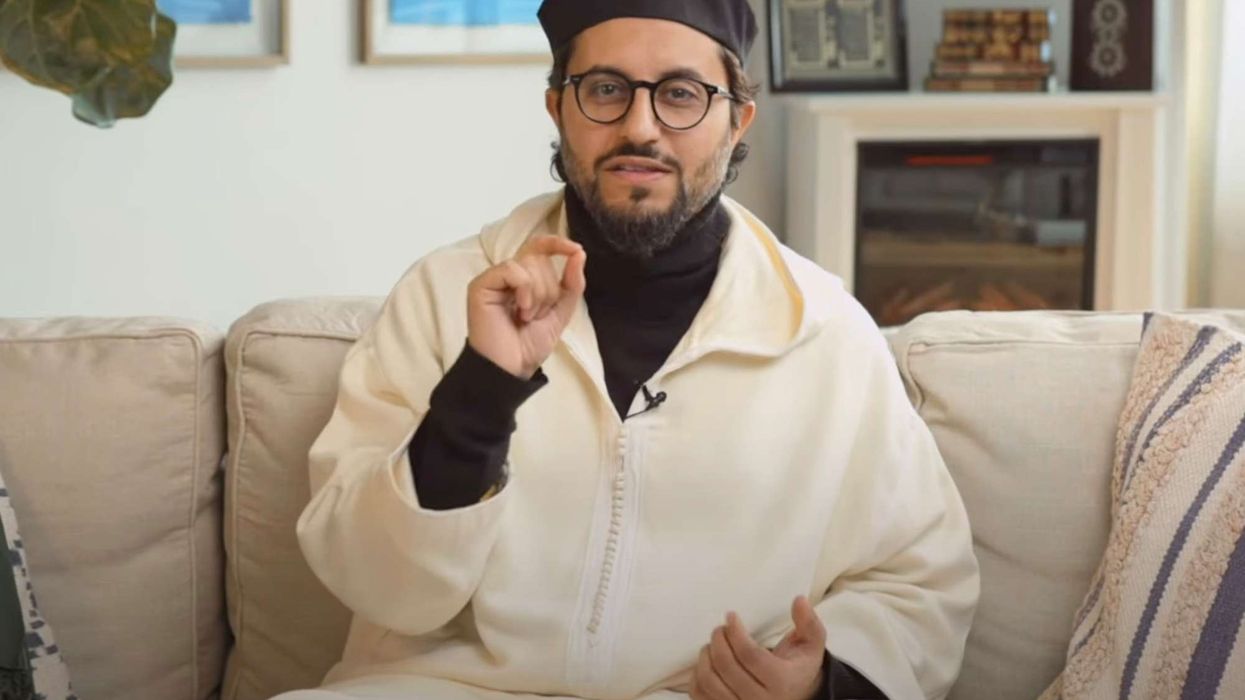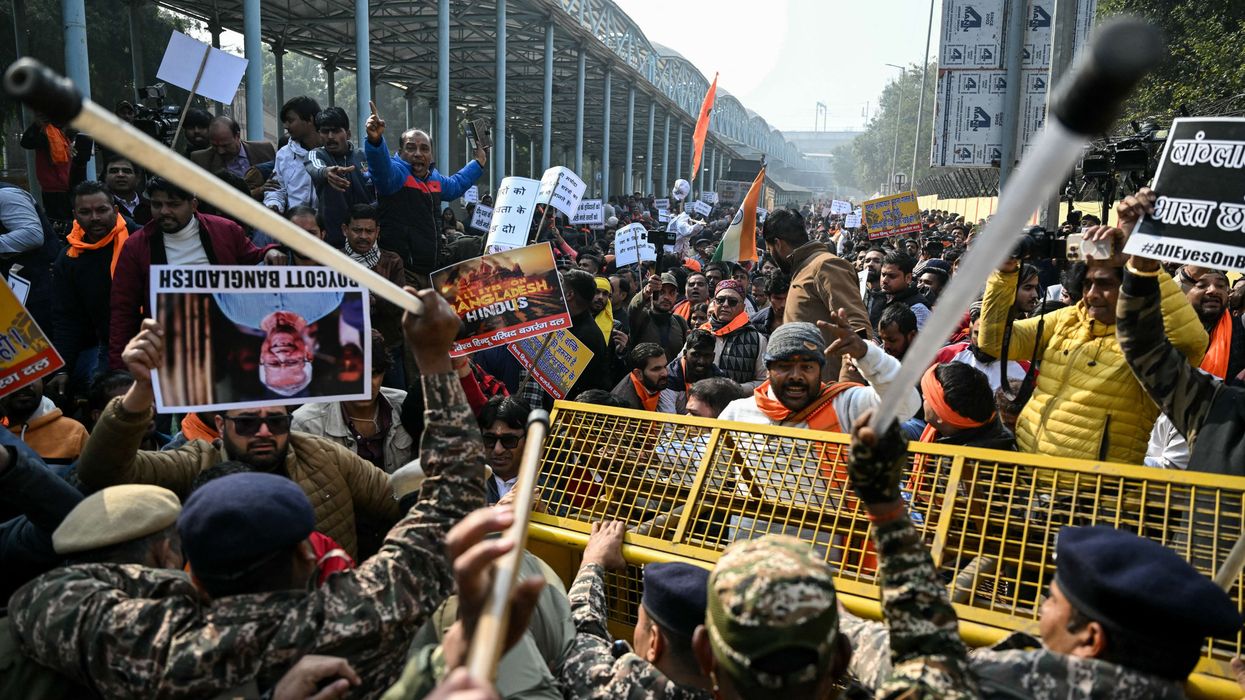INDIAN golfer Honey Baisoya was born to play golf and realise his father’s dream. His father Ravinder Singh used to work as a caddie at the Delhi Golf Club but never had the means to pursue a playing career. So, even before he became a father, Ravinder had made up his mind to make his firstborn a professional golfer.
On Thursday (23), Baisoya made him proud as he emerged as the clubhouse leader with a sizzling six-under 66 in the opening round of the Hero Indian Open at the tough DLF golf course in Gurugram.
“My dad used to be a caddy, his dream was to be a professional golfer. He didn’t have any money, so he decided that his firstborn will be a professional golfer,” he said.
“When I was five, I used to practice in a football field at Thyagaraj stadium and dad used to tell me if you can hit the ball across the fence then I will give you one rupee. So all day I would keep hitting hard to get it across the fence.” By the time Baisoya was seven years old, he started playing at Delhi Golf Club.
“We of course couldn’t afford the membership but DGC used to support the caddies and their kids back then.
“I was always focused to become a professional even when I was playing in my junior days. I was winning D, C and A category tournaments, so I was into competitive golf.” Golf runs in his blood. His uncle used to play as a professional and his brother and cousin are also into the sport.
“My father’s elder brother Gustram ji played as a professional golfer for a good time. So he knew few members in DGC,” Baisoya said.
“My younger brother Chetan had started playing golf in 2017 but then this DGC issue happened. But DLF now supports his practice. My cousin Kapil Kumar also practices here.”
He was part of the group, including Rashid Khan, which was forced to practice at a wasteland on the outskirts of the national capital after being banned from practicing at DGC due to disciplinary issues.
Since turning pro in 2013, Honey has won seven events on PGTI, six of them coming between 2016 and 2018 and one in April 2021. But he has never won any title other than on PGTI.
“Last few years it has been a little tough for me. I’ve only won one single tournament (since 2018) and missed a lot of cuts. So it has been tough.”
The 26-year-old played a lot of junior golf with Shubhankar Sharma and Manu Gandas but he didn’t get much success initially.
“I think it was because of the mindset. My target, in the beginning, was just to make the cut in PGTI tournaments. And it was like I was pressurized by my father and others around me, and some told me to play a little safe. You need to think about the cut, they would say. So maybe that’s why.
“But, now I’m going to play for the win. Last week I was staying with Gaganjeet Bhullar in Qatar, where I missed the cut. I was talking to him and he told me to change my mindset. He said I needed to make my goals bigger. And that’s what I’m doing now.
“I also never used to have a coach, I have one now. Till last year I didn’t know how to play in the wind but now I can play comfortably in the wind. That has made a big difference to my game.” On Thursday, Honey sank eight birdies against a double bogey.
“I was a little nervous in the first three holes because I was missing putts. I had birdied the fourth, fifth I birdied and in the sixth hole, I birdied from 45-50 feet which was a sloppy putt after which my mindset changed.
“I thought I can break the course record which is 8-under, something I would have achieved if not for the double bogey.”
(PTI)













